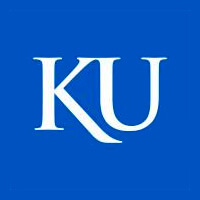fees waived
Aerospace Engineering, Bachelor
University of Kansas, United States
Ranking in US
Space Science
Engineering
Costs
food & rent S$15.2K / year
Entry requirements
Scholarships
Unlimited quantity
Information
Code
Intakes
Website (External)
Programmes
Information
Duration
2030
The Bachelor of Science in Aerospace Engineering emphasizes the design of aerospace vehicles and components through a four-year curriculum. It begins with foundational courses in basic sciences, mathematics, and communications, followed by an introduction to aerospace engineering. Subsequent years build on this base with engineering sciences, fluid mechanics, aerodynamics, propulsion, structures, flight dynamics, and complementary topics like computer graphics and instrumentation. The final year integrates these elements in capstone design projects for aircraft, propulsion, and spacecraft.Aerospace engineers focus on the design, production, operation, and support of aircraft and spacecraft, conducting research to enhance industry processes. The program, accredited by ABET, aims to produce graduates who excel in analysis, testing, and design using modern techniques, while understanding professional responsibilities, effective communication, teamwork, and the need for lifelong learning. As an international leader, the department aligns teaching, research, and service to foster a global community in aerospace education.
A local representative of University of Kansas in Singapore is available online to assist you with enquiries about this course.

